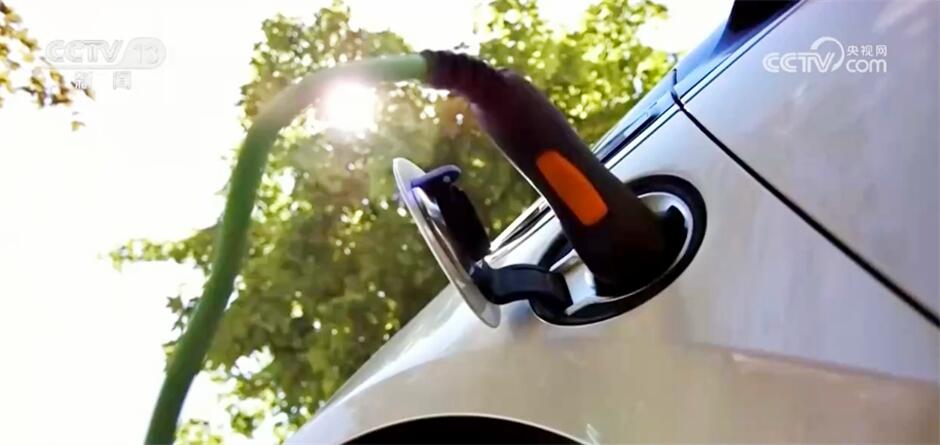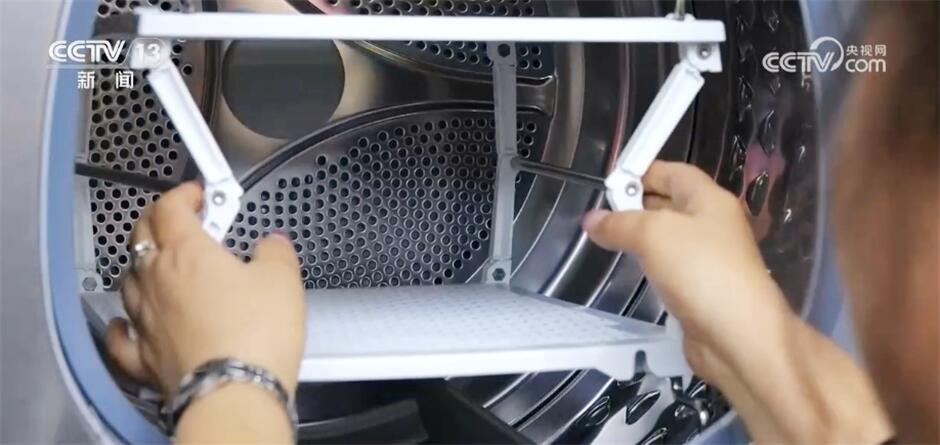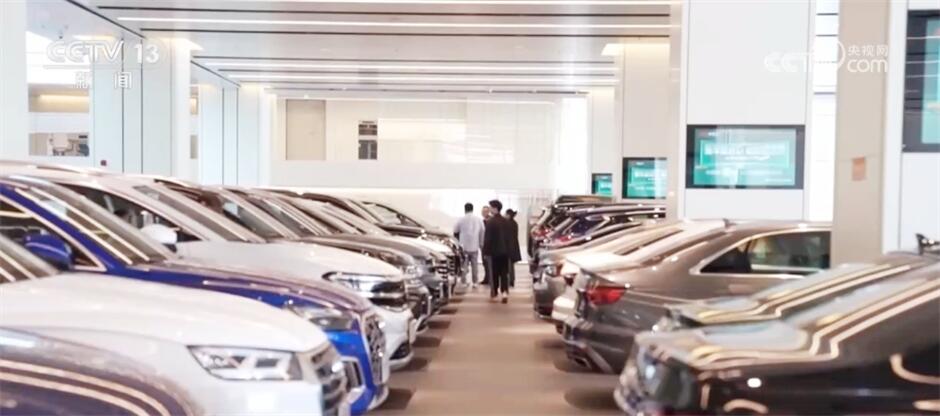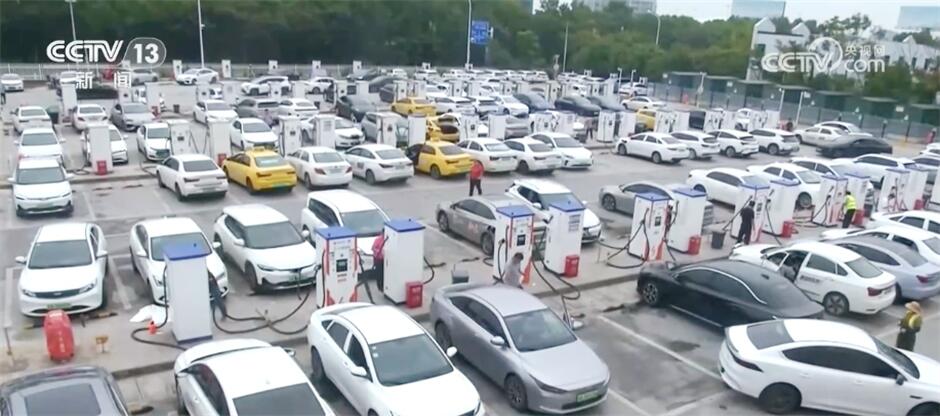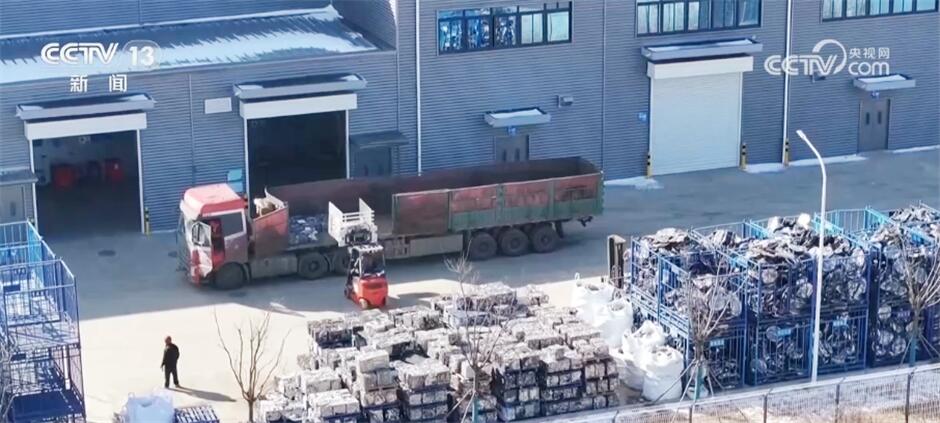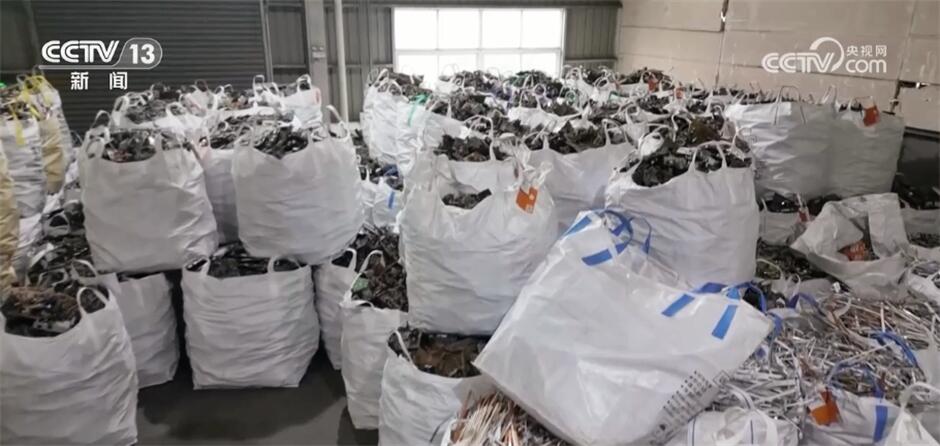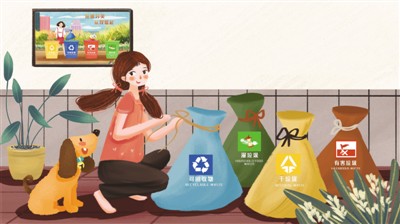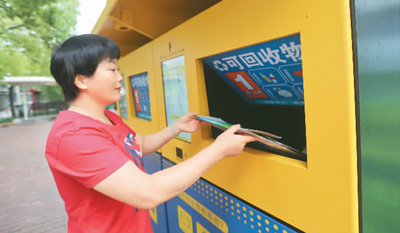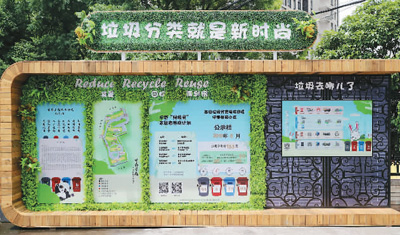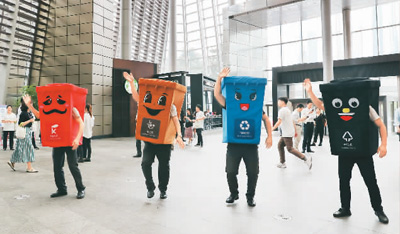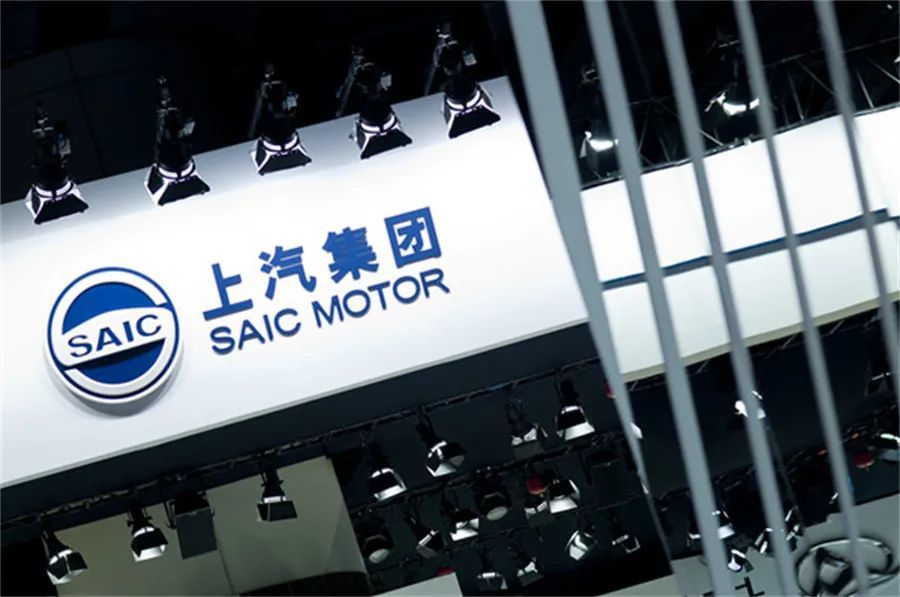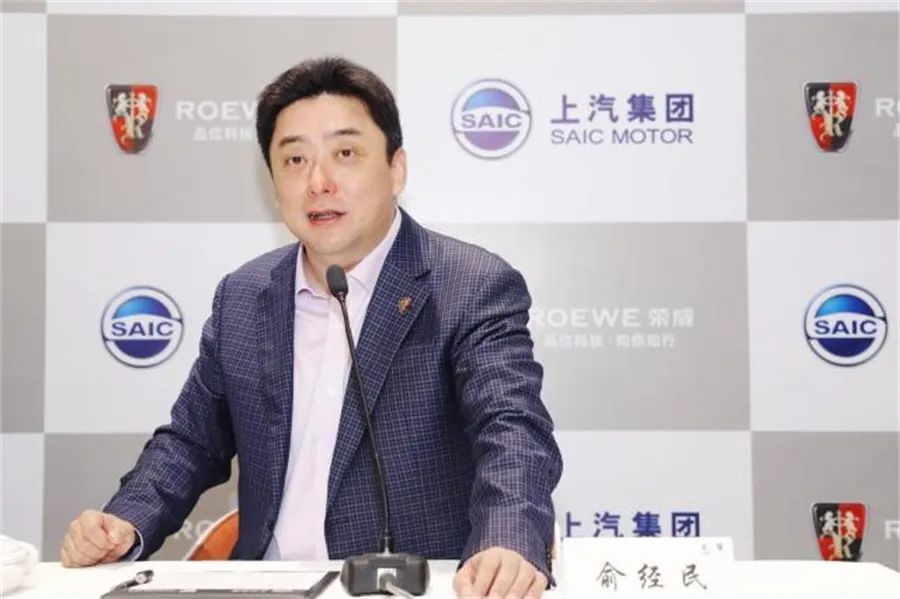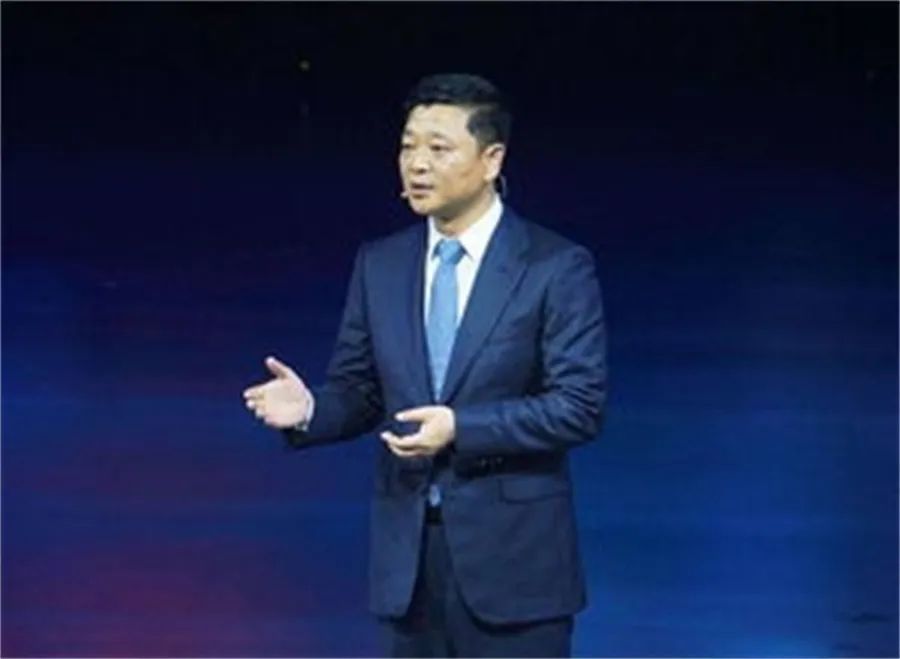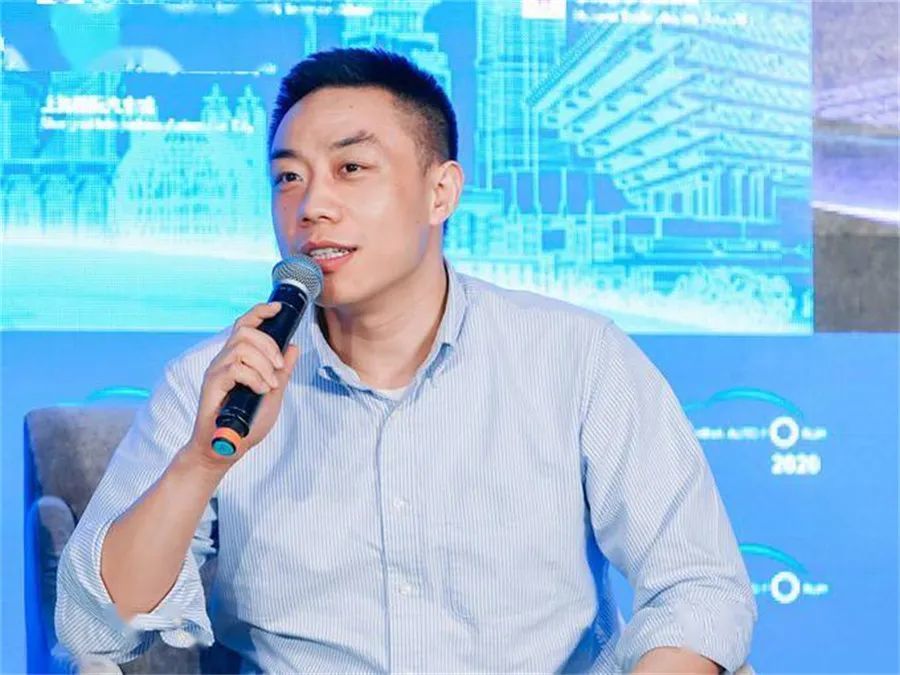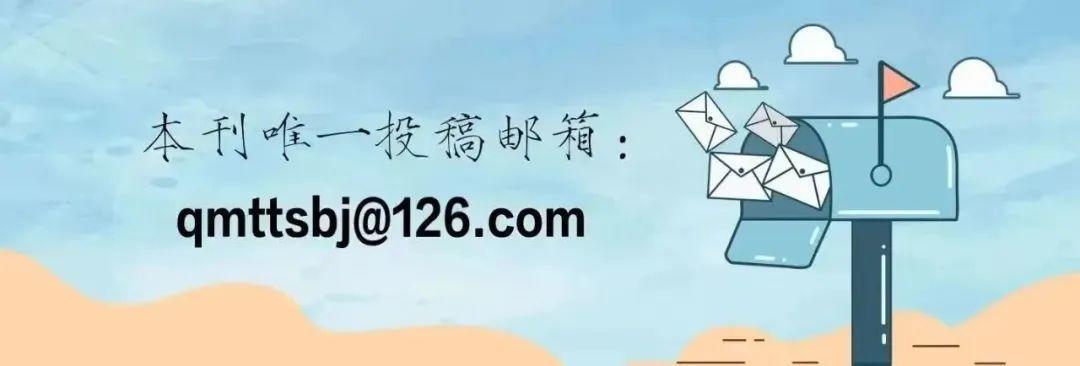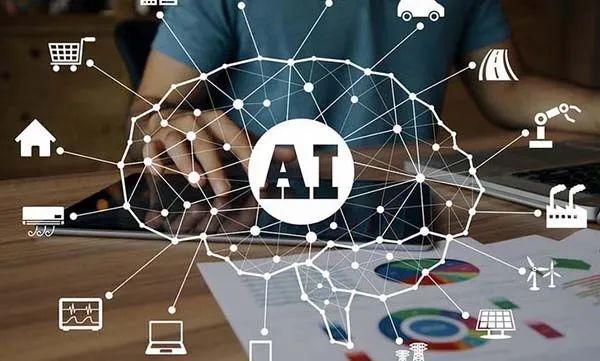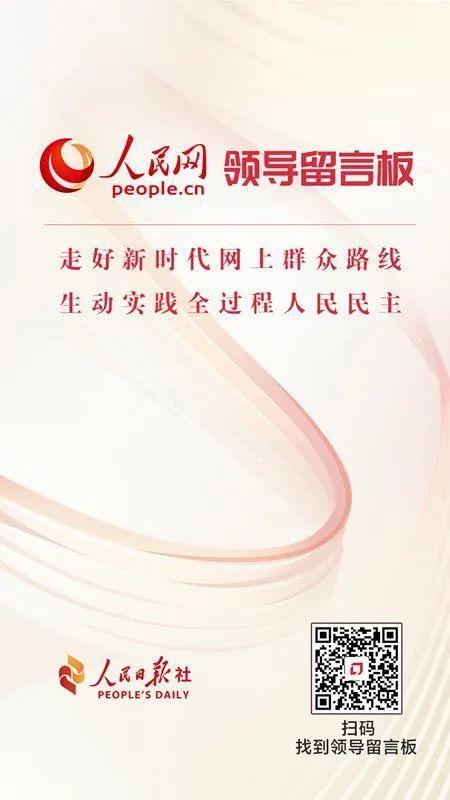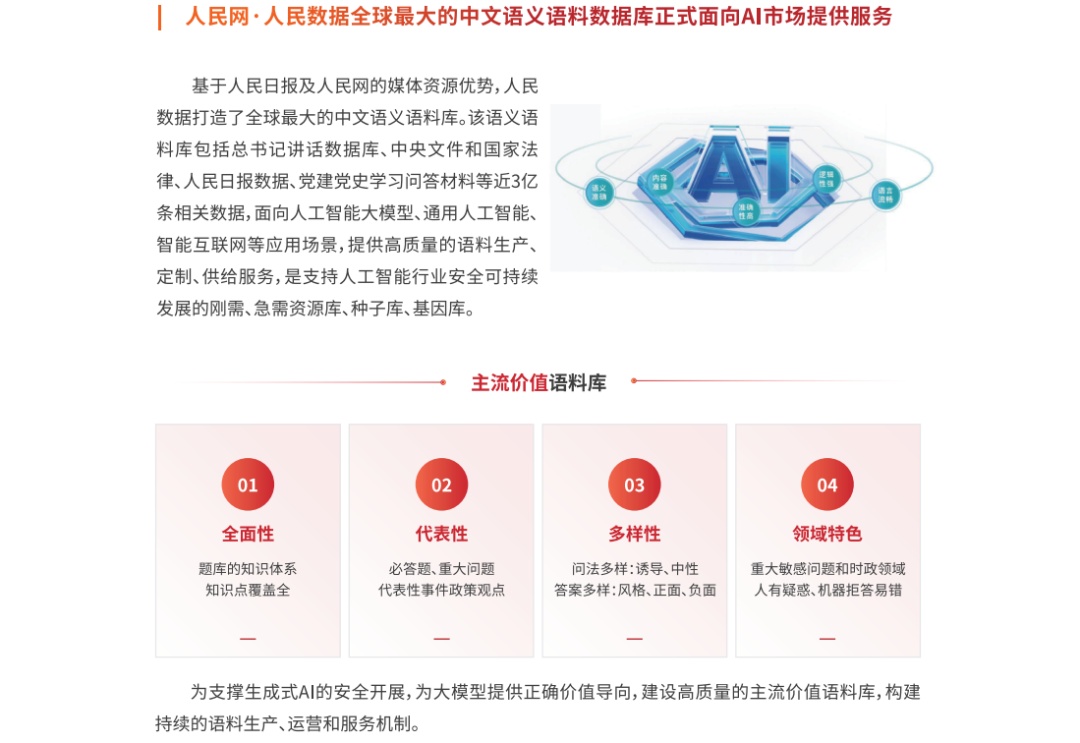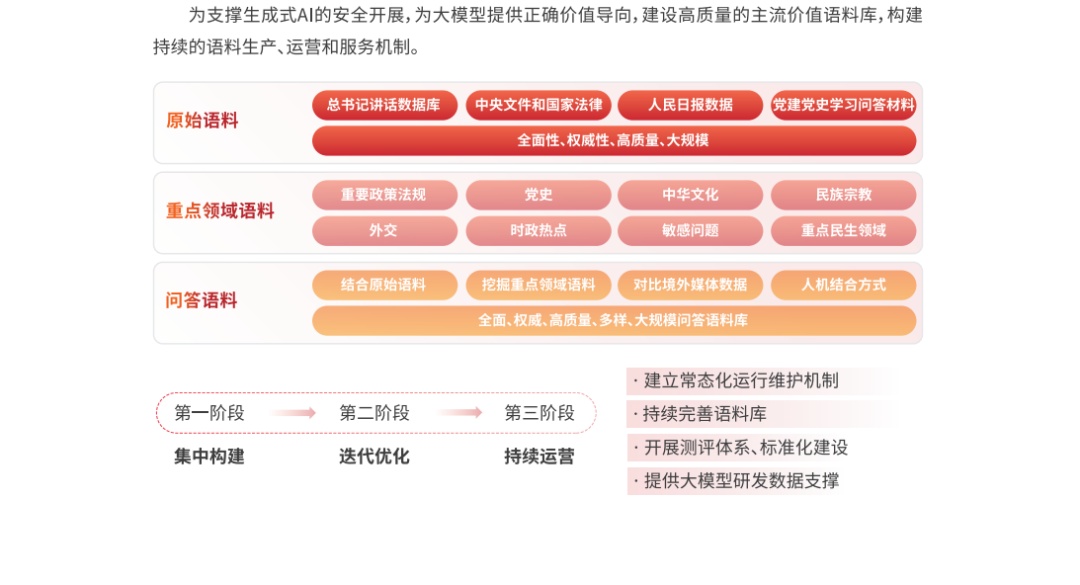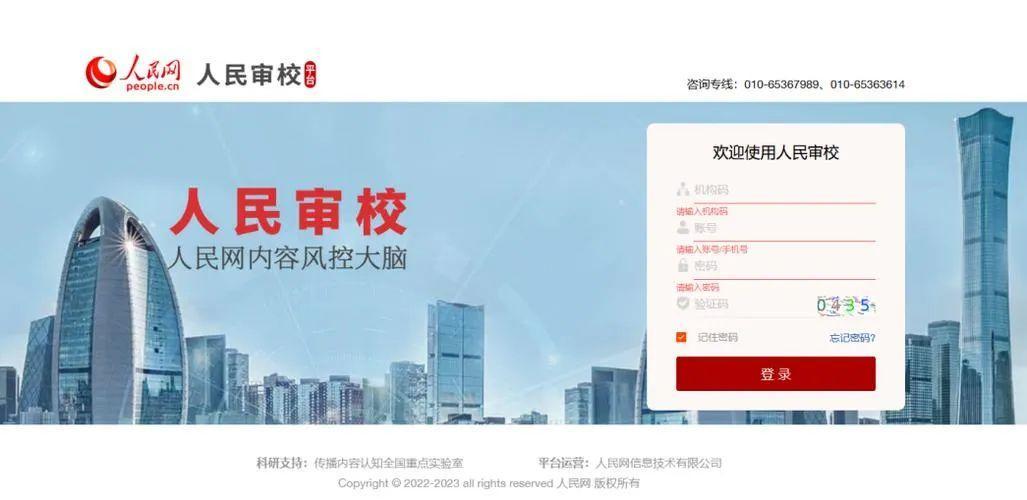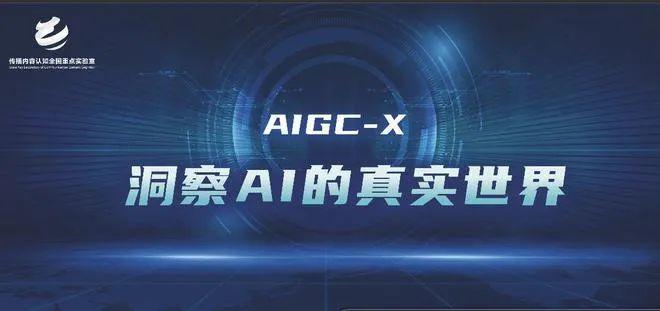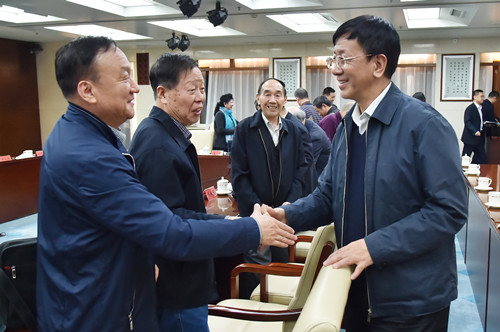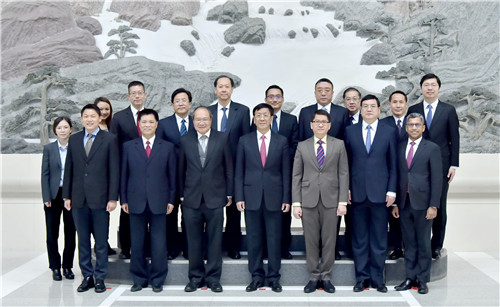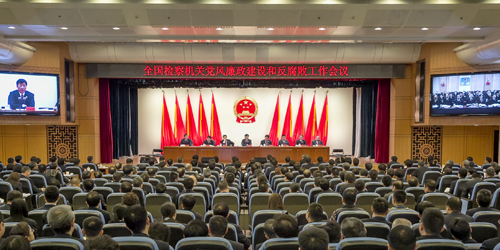Good morning, listeners, and welcome to the Flush Financial Morning Post.
Macroeconomic news
The State Council appointed and dismissed the relevant person in charge of the CSRC.
Recently, the State Council decided to appoint Li Ming as the vice chairman of China Securities Regulatory Commission and remove Fang Xinghai from the post of vice chairman of China Securities Regulatory Commission. The Central Organization Department informed that Comrade Li Ming was appointed as a member of the Party Committee of China Securities Regulatory Commission, and Comrade Fang Xinghai was removed from his post as a member of the Party Committee of China Securities Regulatory Commission. (CSRC)
National Development and Reform Commission Zheng Shanjie: Improve the modern enterprise system with China characteristics and promote the formation of a number of world-class enterprises.
Zheng Shanjie, director of the National Development and Reform Commission, said, we should further enhance the endogenous motivation and innovation vitality of various ownership economies, issue guidelines for optimizing the layout and structural adjustment of the state-owned economy, formulate a law for promoting the private economy, improve the participation of the private economy in major national strategic systems and mechanisms, improve the modern enterprise system with China characteristics, promote the formation of a number of world-class enterprises, and promote the complementary advantages and common development of various ownership economies. (Xinhua News Agency)
Minister of Commerce Wang Wentao: We will implement the requirement of "clearing" the restrictions on foreign investment access in manufacturing industry as soon as possible, and reasonably reduce the negative list of foreign investment access.
Wang Wentao, Party Secretary and Minister of the Ministry of Commerce, said that we will implement the requirement of "clearing" the restrictions on foreign investment access in manufacturing as soon as possible, reasonably reduce the negative list of foreign investment access, and promote the orderly expansion and opening up of telecommunications, Internet, education, culture and medical care; Improve the system and mechanism for promoting and ensuring foreign investment, improve the management service system, and promote international cooperation in the industrial chain and supply chain; We will create a market-oriented, rule-based and international first-class business environment, improve the round-table meeting system for foreign-funded enterprises, ensure the national treatment of foreign-funded enterprises in terms of factor acquisition, qualification licensing, standard setting and government procurement, and protect the rights and interests of foreign investment according to law. In short, we will do a good job of "subtraction" of the negative list and "addition" of optimizing the business environment, so that foreign-funded enterprises can feel at ease, feel at ease and have confidence, and let "the next’ China’ be China". (Xinhua News Agency)
The central bank and other four departments and the Tianjin municipal government: encourage qualified scientific and technological enterprises to go public and raise funds at home and abroad.
The central bank and other four departments and the Tianjin Municipal Government jointly issued the Opinions on Financial Support for Tianjin’s High-quality Development. Support Tianjin to participate in the implementation of the special project of "financial integration of science and technology industry" and guide social capital to invest in early, small and hard technology. Support qualified foreign equity investment funds and venture capital funds to settle down, and attract long-term capital and patient capital with long investment cycle and large capital to settle in Tianjin. Encourage qualified scientific and technological enterprises to list and raise funds at home and abroad. Explore and improve the credit enhancement mechanism of bond financing for science and technology enterprises. We will fully implement the regional equity market system and pilot business innovation, and support regional equity market operators to establish cooperation mechanisms with national share transfer companies. Encourage insurance institutions to invest in science and technology investment funds or directly invest in technology-based enterprises in accordance with laws and regulations.
Zheng Shanjie, Director of the National Development and Reform Commission: Promote the coordinated efforts of fiscal, monetary, industrial, price and employment policies to avoid "fallacy of composition" and "decomposition fallacy"
Zheng Shanjie, Party Secretary and Director of the National Development and Reform Commission, said that it is necessary to further improve the system of macro-control, give full play to the strategic guiding role of national development planning, and enhance the consistency of macro-policy orientation. From the work of the National Development and Reform Commission, the focus is on strengthening planning guidance, strengthening policy coordination and promoting regional coordinated development. Improve the national strategic planning system, build the national strategy formulation and implementation mechanism, and improve the national economic and social development planning system. At the present stage, the key point is to speed up the implementation of the 14 th Five-Year Plan and do a good job in the early planning of the 15 th Five-Year Plan. Strengthen macro-policy coordination, include both economic policies and non-economic policies in the consistency assessment of macro-policy orientation, improve the expected management mechanism, promote the coordinated efforts of fiscal, monetary, industrial, price and employment policies, and avoid "fallacy of composition" and "decomposition fallacy". Promote coordinated regional development, promote coordinated development of the western, northeastern, central and eastern regions, promote Beijing-Tianjin-Hebei, Yangtze River Delta and Guangdong-Hong Kong-Macao Greater Bay Area to play a better role in high-quality development, promote the rational flow and efficient agglomeration of various elements, and build a regional economic layout and land space system with complementary advantages. (Xinhua News Agency)
National Development and Reform Commission Zheng Shanjie: Expand the catalogue of industries that encourage foreign investment and reasonably reduce the negative list of foreign investment access.
Zheng Shanjie, director of the National Development and Reform Commission, said that we should deepen the reform of foreign investment and foreign investment management system, expand the catalogue of industries to encourage foreign investment, reasonably reduce the negative list of foreign investment access, implement measures to completely remove restrictions on foreign investment access in manufacturing, and further expand opening up to attract foreign investment through "one plus one minus one". At the same time, ensuring the national treatment of foreign-funded enterprises and creating a first-class business environment will not only allow foreign businessmen to "get in" but also "develop well". (Xinhua News Agency)
The Ministry of Industry and Information Technology issued "Industrial () Industry Specification Conditions (2024 Edition)" and "Implementation Measures for the Management of Industrial Robot Industry Specification Conditions (2024 Edition)"
The Ministry of Industry and Information Technology revised the Specifications and Conditions of Industrial Robot Industry and the Implementation Measures for the Management of Industrial Robot Industry, and formed the Specifications and Conditions of Industrial Robot Industry (2024 Edition) and the Implementation Measures for the Management of Industrial Robot Industry Specifications and Conditions (2024 Edition).
National Development and Reform Commission Zheng Shanjie: Implement the national strategic emerging industrial cluster development project to consolidate and enhance the competitive advantage of the whole industrial chain of new energy vehicles.
Zheng Shanjie, director of the National Development and Reform Commission, said that we should speed up the cultivation and expansion of emerging industries. Implement the national strategic emerging industry cluster development project, consolidate and enhance the competitive advantage of the whole industrial chain of new energy vehicles, systematically promote the wide application of Beidou, actively cultivate gazelle enterprises and unicorn enterprises, and guide the healthy and orderly development of emerging industries. (Xinhua News Agency)
Zheng Shanjie of the National Development and Reform Commission: issued opinions on improving the market access system and released a new negative list of market access.
Zheng Shanjie, director of the National Development and Reform Commission, said that we should further improve the basic system of the market economy, strengthen the protection of property rights and intellectual property rights, and protect the economic property rights of all forms of ownership equally and for a long time according to law; Put forward opinions on improving the market access system, release a new version of the negative list of market access, improve the social credit system with China characteristics, and better create a fair market environment. (Xinhua News Agency)
The head of the International Department of the Ministry of Commerce introduced the results of the 14th BRICS Economic and Trade Ministers’ Meeting.
On July 26th, the 14th meeting of BRICS Ministers of Economy and Trade was held in Moscow. At the meeting, the parties reached the Joint Communiqué of the 14th BRICS Economic and Trade Ministers’ Meeting, and reached six outcome documents on topics such as BRICS value chain, support for multilateral trading system, agricultural trade facilitation, trade measures related to environment and climate, cooperation in special economic zones, and e-commerce, so as to prepare for the BRICS leaders’ meeting to be held in October. In the next step, China will work with BRICS members to effectively implement the consensus on economic and trade achievements and further promote the concretization of BRICS economic and trade cooperation projects. At the same time, safeguard the common interests of emerging markets and developing countries and work together to promote inclusive economic globalization. (Ministry of Commerce)
The central bank is in charge of the media: it is necessary to boost consumption and increase investment more accurately and effectively, and give full play to the basic role of consumption.
According to the Financial Times, the central bank’s competent media, the Political Bureau of the Communist Party of China (CPC) Central Committee held a meeting on July 30th. This meeting once again stressed the need to effectively enhance the consistency of macro-policy orientation and form a strong joint force for all parties to jointly promote high-quality development. Many interviewees said that fiscal policy, monetary policy, industrial policy and employment policy should be comprehensively used, so that all kinds of policies can be more coordinated and coordinated, and the effectiveness of policies can be more obvious, thus enhancing support for consumption, investment, employment and foreign trade. In particular, we should make good use of a proactive fiscal policy and a prudent monetary policy combination to boost consumption and increase investment more accurately and effectively, give full play to the basic role of consumption, and give play to the guiding role of government investment.
The central bank and other four departments and the Tianjin Municipal Government: Promoting the high-quality development of financial service manufacturing industry
The central bank and other four departments and the Tianjin Municipal Government jointly issued the Opinions on Financial Support for Tianjin’s High-quality Development. It is mentioned that the high-quality development of financial service manufacturing industry should be promoted. Support financial institutions to establish a sound financial service system around key industrial chains, encourage qualified financial institutions to set up professional service teams in key industrial chains, arrange special funds to support them, establish a special assessment system, and appropriately decentralize the examination and approval authority on the premise of compliance with laws and controllable risks. According to the actual needs, the amount of refinancing and rediscounting support in Tianjin’s advanced manufacturing sector can be appropriately increased. Support the regional equity market and explore the establishment of a guiding fund to support the refinement of key industries.
The central bank is in charge of the Financial Times: It is necessary to boost consumption and increase investment more accurately and effectively, and give full play to the basic role of consumption.
The Financial Times, the media in charge of the central bank, published an article, in which it was mentioned that the Political Bureau of the Communist Party of China (CPC) Central Committee held a meeting on July 30th, and this meeting once again stressed the need to effectively enhance the consistency of macro-policy orientation and form a strong joint force for all parties to jointly promote high-quality development. Many interviewees said that fiscal policy, monetary policy, industrial policy and employment policy should be comprehensively used, so that all kinds of policies can be more coordinated and coordinated, and the effectiveness of policies can be more obvious, thus enhancing support for consumption, investment, employment and foreign trade. In particular, we should make good use of a proactive fiscal policy and a prudent monetary policy combination to boost consumption and increase investment more accurately and effectively, give full play to the basic role of consumption, and give play to the guiding role of government investment.
China Central Bank and other four departments and Tianjin Municipal Government: preventing and controlling the debt risks of state-owned enterprises and financing platforms.
Recently, the People’s Bank of China, the General Administration of Financial Supervision, the China Securities Regulatory Commission, the State Administration of Foreign Exchange and the Tianjin Municipal People’s Government jointly issued the Opinions on Financial Support for Tianjin’s High-quality Development. Among them, it is proposed to strengthen the risk assessment and prevention and control of various financial businesses. Establish a risk prevention and control system in technology and finance, and strengthen the management of debt structure risk and fund mismatch risk of financial institutions. Establish and improve regulatory rules that are compatible with the development of digital finance to prevent potential financial risks. Improve the environmental and social risk management capabilities of financial institutions and guard against the risks of "green washing" and "greenwashing".
Ministry of Housing and Urban-Rural Development: In the first half of the year, 33,000 old urban communities were newly renovated.
In 2024, the country plans to start the renovation of 54,000 old urban communities. According to the data reported by local statistics, from January to June, 33,000 old urban communities were newly renovated nationwide. By region, the operating rate in 10 regions including Jiangsu, Liaoning, Shandong, Hebei, Jiangxi, Zhejiang, Qinghai, Chongqing, Guizhou and Hunan exceeded 70%. (Website of Ministry of Housing and Urban-Rural Development)
Next, look at the domestic stock market.
The State Council appointed and dismissed the relevant person in charge of the CSRC.
Recently, the State Council decided to appoint Li Ming as the vice chairman of China Securities Regulatory Commission and remove Fang Xinghai from the post of vice chairman of China Securities Regulatory Commission. The Central Organization Department informed that Comrade Li Ming was appointed as a member of the Party Committee of China Securities Regulatory Commission, and Comrade Fang Xinghai was removed from his post as a member of the Party Committee of China Securities Regulatory Commission. (CSRC)
Li Ming is the vice chairman of China Securities Regulatory Commission.
According to official website of CSRC, Li Ming is the vice chairman and member of the Party Committee of China Securities Regulatory Commission. Comrade Li Ming, male, Han nationality, born in November 1968, doctor of law, party member, CPC.
Typical cases of "fraud" notified by Shanghai Stock Exchange
It has been learned in the industry that the Shanghai Stock Exchange recently issued the latest issue of listing review (No.4 in 2024). Among them, a quasi-science and technology innovation board IPO enterprise suspected of "fraud" in the evaluation index of science and technology innovation attributes was notified to the industry as a typical case. The on-site supervision of the Shanghai Stock Exchange found that the proportion of R&D personnel to the total number of employees in that year and the proportion of R&D investment to operating income were all under pressure. During the trial, the enterprise re-signed labor contracts with more than 10 full-time R&D personnel, and adjusted the jobs from non-R&D positions such as production technicians in the original contract to R&D positions. (shanghai securities news)
Public fundraisers disagreed with UBS Securities’ bearish view on liquor stocks, and many liquor companies also responded.
According to reports, UBS Securities recently downgraded several liquor stocks in the research report, which caused concern and discussion. After the opening on July 29th and 30th, liquor stocks went down one after another. However, by the close of the 30th, liquor stocks had rebounded. In view of UBS’s bearish view on the liquor industry, many enterprises and industry people have responded. On July 30th, (), (), and many other wine companies also responded. In this regard, some people in the investment circle and reporters said that liquor has a long-term nature, and the short-term fluctuation of stock price will not change the long-term investment value of enterprises. At present, the valuation of liquor stocks is far below the historical average, but it provides opportunities for low-cost layout. (national business daily)
The former executive deputy general manager of CITIC Bank International was ordered to hand over nearly HK$ 3 million in illegal profits from insider trading.
According to the news of the Hong Kong Securities Regulatory Commission, following the inquiry procedure proposed by the Hong Kong Securities Regulatory Commission, the Market Misconduct Tribunal ruled that Hu Jincheng, the former executive deputy general manager of () (International) Co., Ltd., had conducted insider trading on the shares of Huaxi Biotechnology Co., Ltd. and ordered him to hand over nearly HK$ 3 million in illegal profits. In addition to ordering Hu to hand over the illegal profits obtained from insider trading, the Tribunal also prohibited Hu from being a director or liquidator of any listed or unlisted corporation in Hong Kong, or being the owner or manager of the property or business of such corporation, or being involved in or participating in the management of such corporation for three years. In addition, Hu is prohibited from trading securities, futures contracts, leveraged foreign exchange contracts or collective investment plans in Hong Kong for three years.
Guodu Securities has another 19.29 million shares listed for sale, with a starting price of 25.2713 million yuan.
Recently, the website of JD.COM Judicial Auction shows that the 19.291 million shares of Guodu Securities New Third Board held by Beijing Haidian District Xinhuanong Industrial and Commercial Company will be auctioned at 10: 00 on August 25th, 2024, with a starting price of 25.2713 million yuan. In this auction of Guodu Securities, the price increase is 120,000 yuan and its multiple, the deposit is 5,054,000 yuan, the bidding period is one day, and there is no preemptive right. (澎湃)
Guangdong Financial Supervision Bureau: Make every effort to fight the tough battle of ensuring the delivery of houses, and the banks within its jurisdiction have raised 59.83 billion yuan for the "white list" project.
The news briefing of Guangdong Banking Industry in the second quarter of 2024 was held in Guangzhou on the 30th. Huang Haihui, member of the Party Committee and second-level inspector of Guangdong Financial Supervision Bureau, said at the meeting that in order to fight the tough battle of guaranteeing the delivery of houses, Guangdong Financial Supervision Bureau has built a four-level linkage structure, strengthened on-site supervision and research, and increased financial support, and the coordination mechanism of urban real estate financing has achieved results. For the "white list" projects, the banking institutions within their jurisdiction should make full use of their loans, and actively support the reasonable financing needs of the projects through measures such as extension and new loans. For some projects with temporary defects, actively promote the repair of project problems and make the projects meet the credit conditions. Up to now, the banking institutions within its jurisdiction have provided credit of 120.611 billion yuan to 373 projects in three batches of "white list", and 263 landing financing projects with an amount of 59.83 billion yuan, ranking first in the country in terms of credit amount and landing amount, while Guangzhou ranks first among cities in the country. (21 Finance)
Fujian Branch of the People’s Bank of China: Optimizing without stopping to improve the service level of "one old and one foreign" account.
In order to continuously and thoroughly implement the decision-making arrangements of the CPC Central Committee and the State Council, and better meet the diversified payment service needs of special groups such as the elderly and people coming from abroad, Fujian Branch of the People’s Bank of China adheres to the goal orientation and problem orientation, and actively organizes banking institutions within its jurisdiction to create a barrier-free, open and inclusive "one old and one foreign" account service environment to provide high-quality, safe and convenient account service experience for the elderly and people coming from abroad. In the next step, Fujian Branch of the People’s Bank of China will continue to adhere to the principle of "paying for the people", guide banks within its jurisdiction to start with convenience and pay attention to details, continuously improve the inclusiveness and convenience of account services, effectively meet the needs of the elderly and foreigners coming to China for account use, and make greater contributions to promoting Fujian’s higher level of opening up to the outside world and promoting the construction of a demonstration zone for cross-strait integration and development. (China People’s Bank)
Shanghai Stock Exchange: Terminate the review of Luzhou Huixing Investment Group’s 1 billion yuan private debt.
According to the disclosure of Shanghai Stock Exchange, the status of Luzhou Huixing Investment Group Co., Ltd.’ s non-public offering of corporate bonds to professional investors in 2023 was updated to "terminated". The above bonds are privately-raised bonds, and the amount to be issued is 1 billion yuan.
Russia will launch cross-border cryptocurrency payment service before the end of the year.
Nabiulina, governor of the Russian central bank, said on Tuesday that Russia will use cryptocurrency for international payment for the first time before the end of this year to overcome the difficulties caused by western sanctions. The lower house of parliament is expected to approve a law allowing Russian enterprises to use cryptocurrency in international transactions on Tuesday. The new law is expected to take effect this autumn. Nabiulina said: "We are already discussing the conditions of the trial with ministries, institutions and enterprises, and it is expected that the first batch of such payments will be made by the end of this year." She added that regulators were ready to "show flexibility". At present, cryptocurrency is not allowed to be used for payment in Russia, and the new law aims to change this situation. The central bank said that the delay in payment has become a major challenge for the Russian economy. (Sina Finance)
Opportunity aspect
Comments on A-shares: SSE 50 closed down 0.56%, and went out of 7 consecutive negative semiconductor, commercial aerospace and other topics to rise against the market.
The three A-share indexes fell collectively today. At the close, the Shanghai Composite Index fell by 0.43%, the Shenzhen Component Index fell by 0.54%, the Growth Enterprise Market Index fell by 0.29%, and the Beizheng 50 Index rose by 0.84%. The turnover of Shanghai, Shenzhen and Beijing was 603.7 billion yuan, including 599.5 billion yuan in Shanghai and Shenzhen, which was 13.5 billion yuan more than the previous day. More than 3,300 stocks in the two cities rose. On the theme of the sector, time and space big data, semiconductors, education, commercial aerospace and real estate sectors were among the top gainers; Rail transit, household appliances, wind power equipment and complete vehicles were among the top losers. On the disk, the semiconductor chip sector fluctuated higher today and rose again near the end of the session, with (), () and () daily limit, (), () and Yuanjie Technology leading the gains. The real estate sector continued to rise in the afternoon, with (), (), (), () and () daily limit, () and () rising. The SSE 50 Index fell again today, closing down 0.56% to get out of the seven-day losing streak. Most dividend stocks fell in the afternoon, () fell more than 5%, (), () and () fell more than 3%, and (), (), () and () followed. In addition, in the big consumption sector, the direction of household appliances liquor is also relatively sluggish today.
Foreign tour groups from Hong Kong and Macao will enter Hainan for 144 hours without a visa.
The National Immigration Bureau announced that since July 30, 2024, the 144-hour visa-free policy for foreign tour groups from Hong Kong and Macao to enter Hainan will be implemented.
Shenzhen: Building a Domestic Artificial Intelligence Ecological Source Innovation Center
The Action Plan for Shenzhen to Accelerate the Construction of Artificial Intelligence Pioneer City was issued. The plan pointed out that the domestic artificial intelligence ecological source innovation center should be built. Configure domestic computing power and algorithms, operator library, database, tool chain, model library and other tools to form two industry models and empower 50 enterprises to create typical application scenarios. Encourage enterprises, universities and research institutes to jointly build domestic artificial intelligence joint laboratories and form a number of "artificial intelligence+"industry solutions. Support the establishment of Guangdong-Hong Kong-Macao Greater Bay Area Artificial Intelligence Industry Alliance. (reading special)
Shenyu shares: the company’s products can be used in aerospace and other fields.
() According to the investor interaction platform, the company is mainly engaged in R&D, production and sales of high-frequency RF coaxial cables, and its products can be used in aerospace and other fields.
AMD CEO: Mi 350 chip will compete with Blackwell chip in NVIDIA.
AMD CEO: Mi 350 chip will compete with Blackwell chip in NVIDIA.
Shenzhen: Focus on breakthroughs in cutting-edge technologies in key areas such as smart chips, computing architecture, model evaluation, body intelligence, brain-like intelligence, and smart sensors.
The Action Plan for Shenzhen to Accelerate the Construction of Artificial Intelligence Pioneer City was issued. The plan points out that basic research and technological innovation should be strengthened, focusing on breakthroughs in cutting-edge technologies in key areas such as smart chips, computing architecture, model evaluation, body intelligence, brain-like intelligence, and smart sensors. Explore and promote the innovation of chip architecture and continuously optimize the scheduling technology of large computing cluster. Encourage technical innovations such as deep learning framework, large model architecture and efficient training reasoning algorithm, large model super intelligence, super alignment, etc., and build a full-link self-developed large model technical system. Continue to learn from the international mainstream computing ecology, build ecological bridges at home and abroad, and realize the deep collaboration between artificial intelligence software and hardware. Promote the technological innovation of tool chain and improve the efficiency of application development, cloud and edge algorithm deployment. Encourage the construction of multi-modal and multi-dimensional large model evaluation benchmarks. (reading special)
Zero Run International shipped the first batch of zero run electric vehicles from China to Europe this month.
According to Stellantis Group, Zero Run International shipped the first batch of zero run electric vehicles from China to Europe this month. Zero Run International is a joint venture company established by Stellantis Group and Zero Run Automobile with a share ratio of 51%: 49%. It will start selling zero run C10 and T03 electric vehicles in nine European countries from September this year, and plans to expand its sales outlets in Europe to 200 by the end of 2024. (Interface)
Real estate continues to "risk", and it is stored or accelerated.
Recently, many cities, including Xiamen, Dalian, Qingdao, Kunming, etc., have successively started the intention registration of placing affordable housing. Some people point out that the next round of policy focus may lie in the storage and storage of affordable housing. Wang Xiaoyu, chief analyst of Zhuge Data Research Center, said that the construction of affordable housing is a key link in the development of the real estate market and a housing guarantee for low-and middle-income residents. In the past, the construction of affordable housing was mainly based on land acquisition and new construction, but this meeting emphasized the acquisition of stock commercial housing. It is expected that the scope of storage and storage will be gradually expanded and the landing speed will be accelerated. (Yicai)
China Comac set up an aviation engineering technology company with 1 billion yuan.
Enterprise search APP shows that Comac (Shanghai) Aviation Engineering Technology Co., Ltd. was recently established, with Zhang Xiaoguang as the legal representative and a registered capital of 1 billion yuan. Its business scope includes civil aviation material sales, general equipment repair, civil aircraft maintenance, civil aircraft parts design and production, and customs supervision of goods storage services. Enterprise survey shows that the company is wholly-owned by Shanghai Aircraft Manufacturing Co., Ltd., which is a wholly-owned subsidiary of China Commercial Aircraft Co., Ltd.
Ministry of Agriculture and Rural Affairs: Consolidate the achievements of soybean expansion and promote the healthy development of domestic soybean industry.
On July 30th, Han Jun, secretary of the Party Group of the Ministry of Agriculture and Rural Affairs, presided over a meeting of the Party Group of the Ministry. The meeting demanded that we should carefully plan and continue to do a good job in all key tasks in the second half of the year, promote all localities to learn and apply the experience of "Ten Million Projects", and solidly promote the comprehensive revitalization of rural areas. It is necessary to consolidate the achievements of soybean expansion, plan measures to promote acquisition, processing and sales, and promote the healthy development of domestic soybean industry. It is necessary to strengthen the protection and quality improvement of cultivated land, and do a good job in the construction of high-standard farmland strictly and realistically. It is necessary to further pay close attention to agricultural safety production, strengthen the investigation and rectification of hidden dangers in production safety in key areas such as fisheries and agricultural machinery, and prevent serious accidents. (Information Office of the Ministry of Agriculture and Rural Affairs)
On the corporate side
Shengtun Mining: The stock will be suspended tomorrow, and other risk warnings will be implemented from August 1.
() Announcement: The company has received the Notice of Administrative Punishment in advance issued by Xiamen Supervision Bureau of China Securities Regulatory Commission, and the company’s suspected information disclosure violation case has been investigated by Xiamen Supervision Bureau. According to the relevant regulations, the company’s stock will be suspended for one day on July 31st, and other risk warnings will be implemented on August 1st. The stock abbreviation will be changed to "ST Shengtun", and the daily increase and decrease will be limited to 5%.
Industrial Fulian: It is planned to buy back the company’s shares for 200-300 million yuan and use them for cancellation.
() Announcement, it is planned to buy back shares at a price of 200-300 million yuan, and the price of the repurchased shares is no more than 40.33 yuan/share, and the purpose of repurchasing shares is to cancel to reduce the registered capital of the company.
15 days and 9 boards (): The intelligent networked car model is still in the experimental stage and basically does not generate income for the company.
In 15 days, 9-board public transportation announced the change, and the deviation of the closing price of the company’s shares in two consecutive trading days on July 29 and July 30 reached more than 20%, which was an abnormal fluctuation of stock trading. The company’s P/E ratio and P/B ratio deviate from the industry average. According to the results of the industry classification issued by China Securities Index Co., Ltd., as of July 30, the P/E ratio of the "G54 road transport industry" in which the company is located is 13.76, and the latest P/B ratio is 1.19; The P/E ratio of the company is 67.61, and the P/B ratio is 2.31. The company’s current P/E ratio and P/B ratio are higher than the average level of the same industry. The company is concerned that the intelligent networked car has received a high degree of attention from the market recently. The model is still in the experimental stage, which basically does not generate income for the company. The future business development trend is still uncertain, and it will not have a significant impact on the company’s business activities in the short term. Investors are advised to make careful decisions and pay attention to investment risks.
Ordinary people: Chairman Xie Zilong was retained.
() Announcement: On July 28, 2024, the company received a notice from the family of Xie Zilong, the chairman of the board of directors, that Xie Zilong was detained by the Hunan Provincial Supervision Committee and placed on file for investigation. The matters involved have nothing to do with the company, and the company has not received the notice from the relevant authorities and has not been asked to assist in the investigation. The corporate governance system is perfect, and other managers perform their duties normally. This matter will not have a significant impact on the normal operation of the company. The company will continue to pay attention to the follow-up situation and fulfill its information disclosure obligations in a timely manner.
(): The controlling shareholder plans to buy 35.709 million shares at 8.72 yuan/share, with a premium of 9.96%.
Hengtong shares announced that Nanshan Group, the controlling shareholder, plans to make a partial tender offer at a price of 8.72 yuan per share, and plans to acquire 35.709 million shares, accounting for 5.00% of the total share capital. After the tender offer is completed, Nanshan Group and its concerted parties will hold up to 52.72% of the shares of Hengtong. Nanshan Group has deposited 62.3 million yuan as performance bond into the designated account. The purpose of this acquisition is to increase the shareholding ratio and boost investor confidence, not to terminate the listing status of Hengtong shares. Note: The closing price of Hengtong Co., Ltd. on July 30 was 7.93 yuan/share, and the purchase price of Nanshan Group was 8.72 yuan/share, which was 9.96% higher than the closing price.
7-day 6-board Jinlong Automobile: The short-term increase of the company’s stock is significantly higher than that of the industry index and the Shanghai Composite Index in the same period.
After 7 days and 6 boards () issued a suggestive announcement on the risk of stock trading, the company’s stock has increased by 137.08% since July 8, 2024 (before the reinstatement), and the Wonder Automobile Industry Index has increased by 2.12% in the same period, while the Shanghai Composite Index has decreased by 1.48% in the same period; The short-term increase of the company’s stock is seriously higher than that of the industry index and the Shanghai Composite Index in the same period. The company is concerned about the recent public media reports about the company’s "driverless car concept stocks". The company’s existing main business is mainly ordinary buses that need to be driven by personnel. The sales revenue of driverless buses in 2023 accounts for no more than 0.3% of the company’s operating income, accounting for a very small proportion, and the sales scale has not changed much since the development and production of related products in 2017.
Twin Towers Food: The United States made a final ruling on the anti-dumping and countervailing investigation of pea protein in China.
() Announcement, the United States made a final ruling on the anti-dumping and countervailing investigation of pea protein in China. Among them: (1) The dumping tax rate of the company and its subsidiary Zhaoyuan Junbang Trading Co., Ltd. is 269.77%, and the anti-dumping tax rates of other enterprises are 111.65% and 269.77% respectively; (2) The company and its subsidiary Zhaoyuan Junbang Trading Co., Ltd. received a subsidy tax rate of 15.15%, while other enterprises received a subsidy tax rate of 15.84%-355.89%. Recently, the company was informed that the United States International Trade Commission had voted on the anti-dumping and countervailing industrial injury of the above-mentioned products: it believed that there was substantial injury. The company will increase the research and development of new products, and will continue to explore markets outside the United States, and pay close attention to policy changes and tariff changes in major exporting countries.
Jucan Optoelectronics: Net profit in the first half of the year increased by 351.03% year-on-year.
() Announcement, the company achieved operating income of 1.334 billion yuan in the first half of the year, up 11.24% year-on-year; The net profit attributable to shareholders of listed companies was 113 million yuan, a year-on-year increase of 351.03%; The net profit after deducting non-recurring gains and losses was 105 million yuan, a year-on-year increase of 443.68%.
(): The acquisition of Zhuji Wenshenghui’s equity is still in the preliminary planning stage, and it will not have a significant impact on business activities in the short term.
Guozhong Water Affairs announced the serious abnormal fluctuation and risk warning of stock trading. The company is still in the preliminary planning stage for the acquisition of Zhuji Wenshenghui’s equity, and there is great uncertainty about whether the related matters can be finally implemented and the specific progress of implementation. The final transaction method and the equity ratio of the transaction need to be further determined by the parties to the transaction after the audit and evaluation are completed, and the formal agreement signed by all parties shall prevail. It will not have a significant impact on the company’s business activities in the short term.
Jinjiang Online: There may be a downside risk for the stock price after a large short-term increase.
() Issue a stock trading risk warning announcement. From July 8, 2024 to July 30, 2024, the company’s stock trading price increased by a total of 123.50%. The stock price has increased greatly recently, and there may be a downside risk after a short-term increase. Investors are advised to pay attention to the trading risks in the secondary market, make rational decisions and invest prudently.
Overnight global market trend
The three major indexes of US stocks closed mixed. NVIDIA fell more than 7%, hitting a new low since the end of May.
The three major US stock indexes closed mixed, with the Nasdaq down 1.28%, the S&P 500 down 0.5% and the Dow up 0.5%. NVIDIA fell more than 7%, hitting a new low since the end of May. Most large-scale technology stocks fell, and NVIDIA fell more than 7%, hitting a new low since the end of May; Tesla fell more than 4%, while Netflix, Microsoft, Amazon and Meta fell slightly; Apple and Google rose slightly.
That’s all for today’s morning paper. I wish you all good luck in your work.
